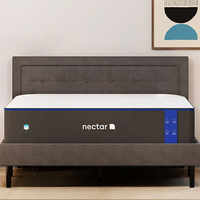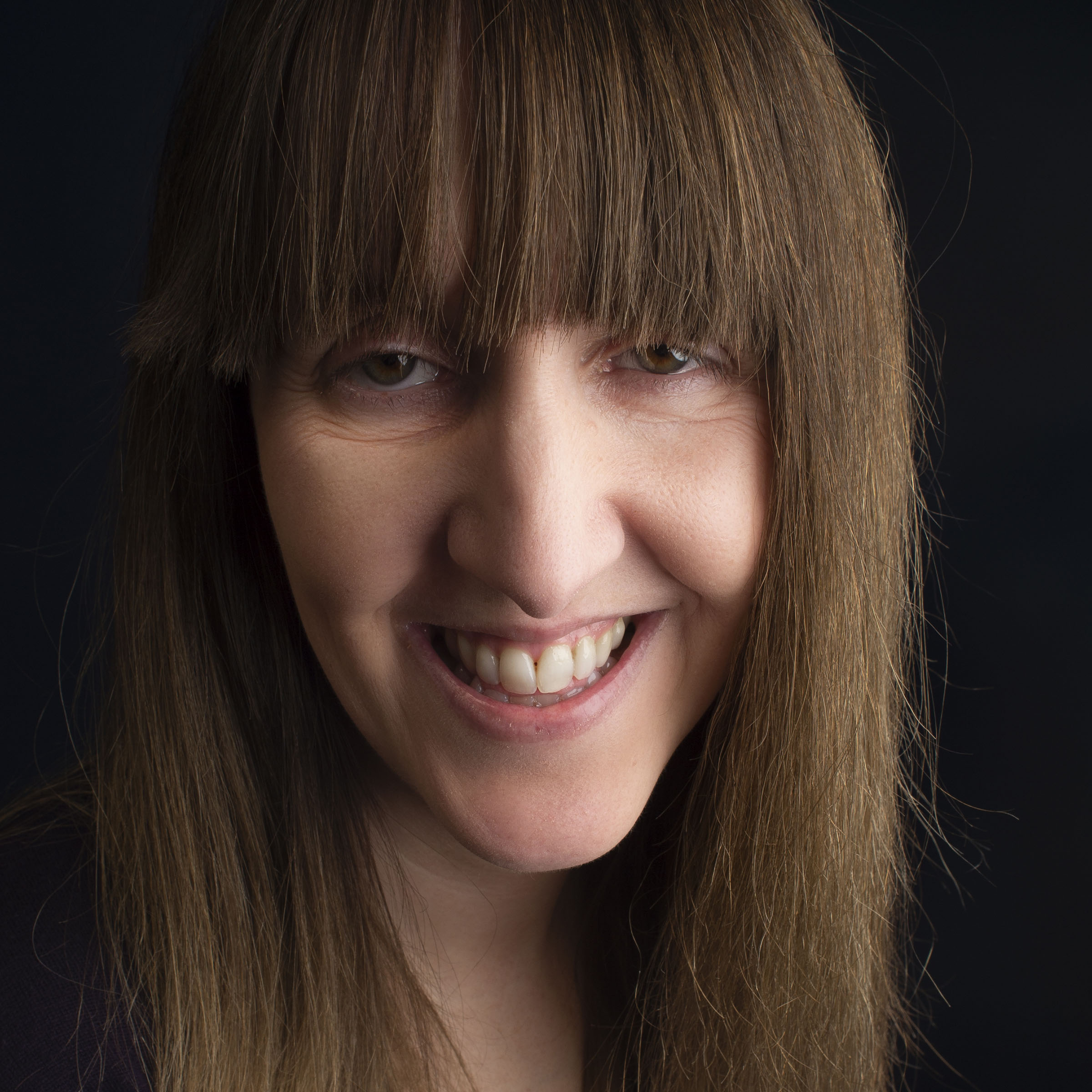Can naps help you sleep better? We asked a sleep expert
Will a nap leave you feeling ready for sleep at night?
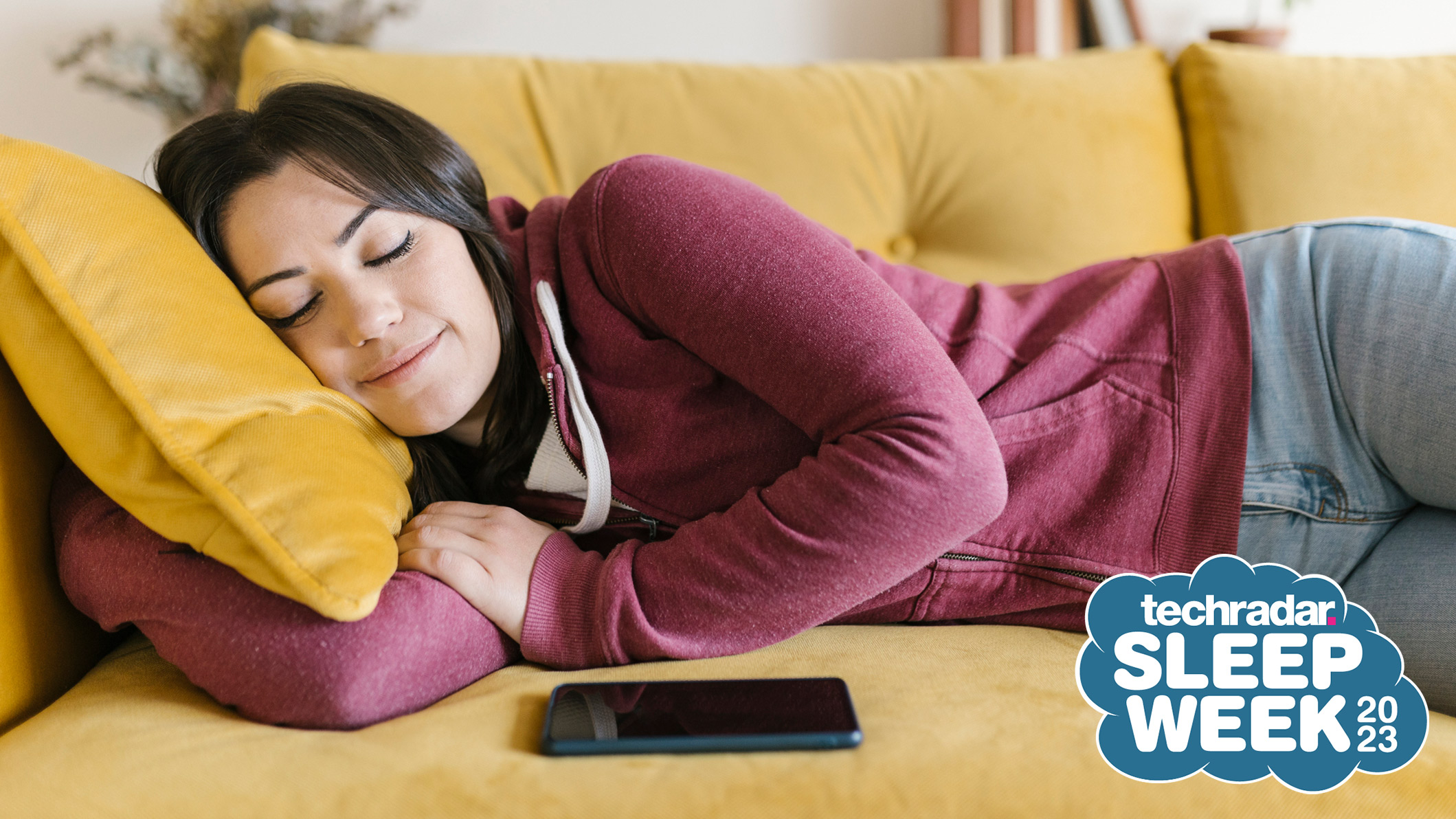
Most of us enjoy an afternoon nap from time to time, but you’ve probably sometimes napped and woken up groggier than you started out. Napping in the wrong way can have a knock-on effect for the rest of the day and our sleep that night. But can naps help you sleep better? The short answer is yes, but only if you know how to nap properly.
In this article we’ll explain how a nap can be beneficial and even help you sleep better at night. But a nap will only help your overall sleep pattern if it’s done properly. However, it’s also important that you get a good night’s sleep alongside any naps. Sleep is when your body rests, recovers and repairs. Sleep is an essential biological function that helps with a multitude of functions – from toxin removal through to improving memory function. Make sure you’re getting the best night’s sleep possible by investing in the best mattress and best pillow for your sleeping style, and make sure your bedroom is conducive to rest.
- How to create a bedtime routine for way better sleep
- How to find your sleep window and catch better ZZZs
How long should a nap be?
You might think that the length of a nap doesn’t matter too much, as long as it’s still a nap as opposed to a full night’s sleep. But in fact the length of a nap makes a huge difference to how you’ll feel afterwards and how you’ll sleep at night.
Independent sleep expert, Dr. Neil Stanley explains, “The key with napping is that you don’t want to nap for too long. After about 20 minutes' sleep your body enters deep sleep, known as N3 or stage 3 sleep. If you wake up from N3 sleep, you’ll feel as if you’ve been run over by a bus. I would factor in a 35-minute window for a 20-minute nap, so as to give you time to actually fall asleep.”
When’s the best time for a nap?
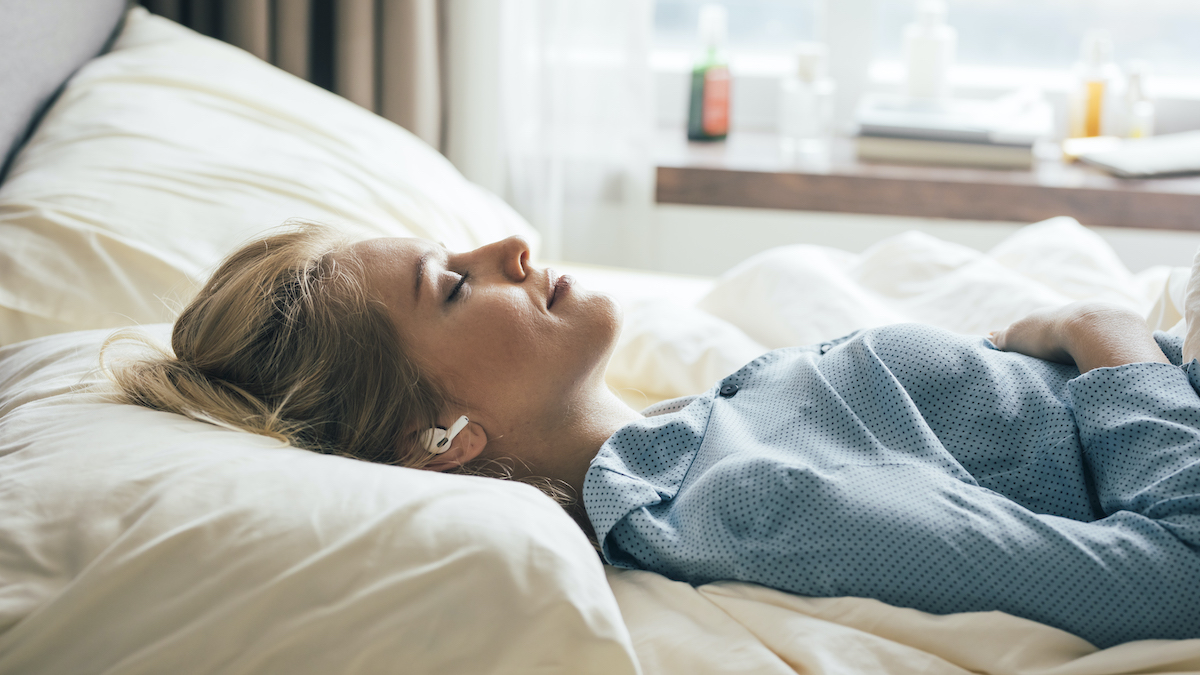
Studies have shown that a nap during the afternoon helps to wake us up, as well as improve performance and learning. “We all have a natural dip in our performance – the post lunch dip,” says Dr. Stanley. “Taking a 20-minute nap around 2-3pm can do us the power of good.”
It’s important not to nap too late in the day, as it will start to interfere with your night-time sleep. By the same token, we wouldn’t recommend napping too soon after lunch as this could affect your ability to digest food properly.
Why do we feel tired in the afternoon?
Our normal circadian rhythms dictate that we’ll have a period of sleepiness or decreased alertness in the afternoon. But feeling sleepy at this time can also be caused by other issues.
Get daily insight, inspiration and deals in your inbox
Sign up for breaking news, reviews, opinion, top tech deals, and more.
Sleep or medical disorders, stress, insufficient sleep or even poor eating habits can all contribute to feeling excessively sleepy in the afternoon. So, as well as considering a short afternoon nap, it’s important to look at whether there are any other factors causing you to feel overly tired.
Are naps part of your recommended overall sleep?
“A 20-minute power nap is not long enough to have any effect on your sleep at night,” says Dr. Stanley. But, while a short nap will still allow you to sleep fully at night, Dr. Stanley points out that this may not work if you’re already exhausted. “If you’re absolutely sleep deprived, you’ll go into deep sleep much more quickly and, if you’re that exhausted, you’ll probably sleep for longer anyway.” This will obviously have a knock-on effect when you try to sleep at night.
What about a siesta?
In hot countries it’s common for people to take a siesta in the middle of the day when it’s too hot to be outside. How does this work in the context of a nap? Dr. Stanley explains, “If you’re going to nap, it needs to be for either 20-minutes or two hours (the average length of a siesta). After two hours your body has gone through the first period of deep sleep, so you’ll be able to wake up without feeling groggy. But the trouble with this is that if you sleep for two hours in the day, you’ll use up two hours of your sleep need and may only sleep for six hours at night. Many hot countries get round this by staying up and eating far later in the evening and sleeping less at night.”
Where’s the best place for a nap?
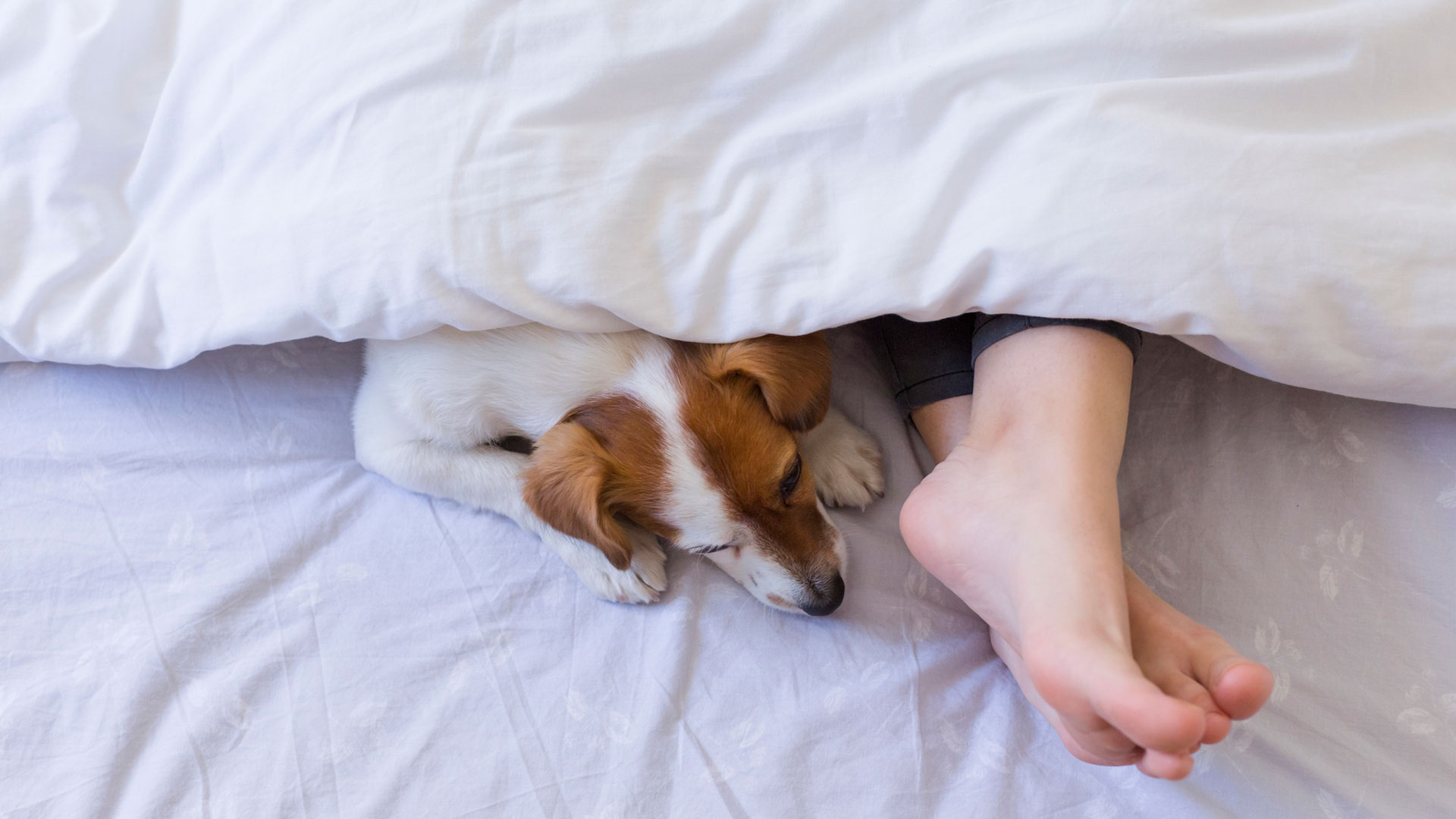
The best place for a nap is somewhere that’s cool (we sleep better in a cooler room), as well as a place that we can make dark enough for a nap. Of course, this can be difficult in the middle of the day, we'd recommend keeping a sleep mask handy to block out light along with ear plugs to cut down on outside noise.
A sofa or bed will provide a comfortable space for a nap – try not to fall asleep at your office desk or sitting up as you’ll run the risk of getting a sore neck or back from awkward positions. Finally, don’t forget to set an alarm so that you don’t sleep longer than intended.
Can naps help you sleep better and are they good for you?
We all know that sleep is vital to our wellbeing, but naps can also help keep us healthy. Studies have shown that a short power nap can help improve our relational memory and cognitive performance. A nap during the afternoon promotes performance and learning, as well as restoring wakefulness. And taking a short nap during the day can indeed improve sleep at night, particularly if you combine a nap with moderate exercise and light stretching in the evening.
As Dr. Stanley says, “If a nap works for you then there’s no reason not to have one. Sleep is sleep.”
Nectar Sleep Awareness Week Sale: 33% off everything
Sleep Week savings - Nectar is celebrating Sleep Awareness Week by taking 33% off all its mattresses. This means that the ever-popular Nectar Mattress is available from $359 in a twin size, while a queen will cost you $699. All Nectar's mattress are available in memory foam and hybrid options, and we rate them among the best in the business, so don't miss out on this deal!

Dr Neil Stanley is an independent sleep expert. He has been involved in sleep research for over 40 years. He is the author of the book How to Sleep Well - "the antidote to all the nonsense written about sleep".
This article is part of TechRadar's Sleep Week 2023 celebration (running until Saturday 18 March), a week-long look at all things slumber. We'll be bringing you proven techniques and tips to help you sleep better, and have rounded-up all the top-rated tech to transform your sleep.
Jo Plumridge is a freelance writer and photographer with over 20 years of experience writing for a variety of magazines, books and websites. She writes, perhaps unsurprisingly, about photography but also extensively on all things sleep and interior design related, alongside home and tech product reviews. She’s lived in the middle of a nature reserve in Botswana and written a guidebook to New Zealand, but now spends a lot of time trying to photograph the cats she and her husband foster for a local charity - without a doubt the most challenging subjects on earth!

